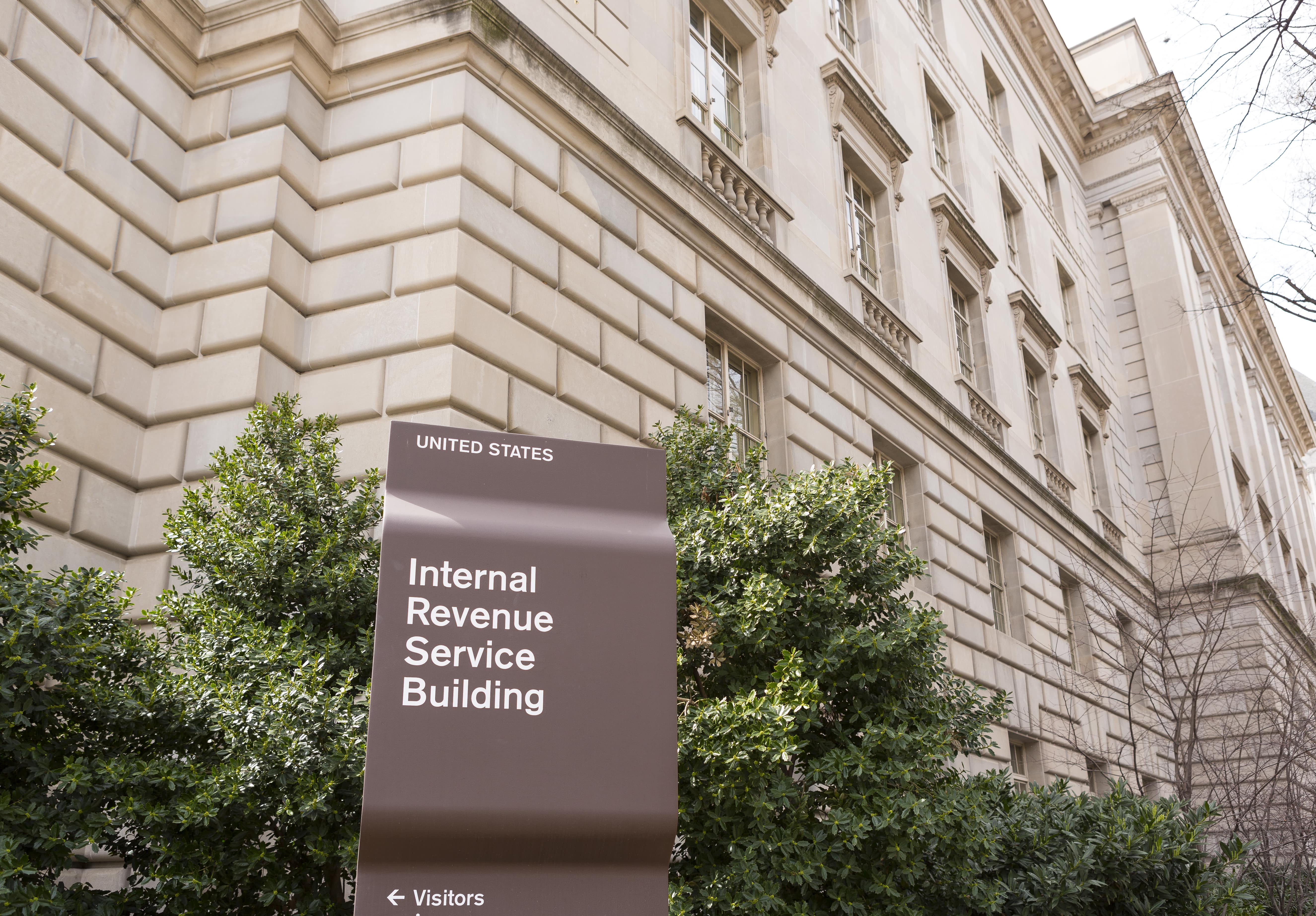NAIFA’s Policy Director Roger Moore attended NAIC’s Summer National Meeting on August 12-15, where he had the opportunity to strengthen NAIFA’s relationships with state regulators and industry trade partners as well as advocate for key priorities affecting NAIFA’s members. The NAIC Committees discussed multiple topics of interest to NAIFA, including long-term care insurance, access to life insurance and annuities in underserved communities, privacy protections, product illustrations, and producer licensing issues. Roger also attended the latest meeting of the National Insurance Producer Registry (NIPR) Board of Directors, where he continues to sit as a non-voting member.
Long-Term Care Insurance (B) Task Force
The Long-Term Care Insurance (B) Task Force and its Working Groups have been strongly considering the development of a single rate review methodology to ensure greater transparency and uniformity between states. Industry and regulators have stated that the dual methodologies now in place are confusing and can result in differences in final recommendations. The (B) Task Force is aiming to finalize and adopt a single methodology during the Fall National Meeting. Timeliness of LTCi rate reviews was also discussed as a major concern. Slow reviews can lead to higher loss ratios and higher rate increases, as some review techniques may take more time and not have much benefit in terms of more accurate results.
Special (EX) Executive Committee on Race and Insurance
The Special (EX) Executive Committee’s Life Workstream exposed a draft survey that asks about insurers’ use of criminal history in life insurance underwriting, which was open for a 30-day public comment period. The Workstream also finalized a Financial Wellness Resource Guide highlighting financial literacy initiatives in Washington D.C., Maryland and Oregon to improve access and understanding in underserved communities. Lastly, the Workstream adopted a draft endorsement supporting state legislation requiring a financial literacy course as a prerequisite for high school graduation, as it is particularly beneficial for students in underserved communities.
Privacy Protections (H) Working Group
The Privacy Protections (H) Working Group has been considering whether it will revise the existing Privacy of Consumer Financial and Health Information Regulation (Model #672) or continue to move forward with a draft of the Insurance Consumer Privacy Protections Model Law (Model #674). The Working Group voted to move forward with revising Model #672, emphasizing that there will be sufficient time to discuss the specific privacy protections and principles to be included in future amendments to Model #672. NAIFA and other trades had advocated for the Working Group to update Model #672 rather than introduce new wording in Model #674.
Life Insurance and Annuities (A) Committee
The Life Insurance and Annuities (A) Committee as well as the Life Actuarial (A) Task Force continue with efforts to review issues pertaining to life insurance and annuities illustrations, particularly how the more heavily regulated parts of the sales process, such as illustrations, relate to information that is less heavily regulated. During the meeting, the (A) Committee spoke at length about the Life Insurance Illustrations Model Regulation (Model #582) and the Annuity Disclosure Model Regulation (Model #245), which regulate how companies present illustrations to potential buyers of life insurance and annuity contracts. Regulators agreed that both models work reasonably well to protect consumers and ensure disclosure consistency, though some short- and long-term issues will be addressed moving forward.
Producer Licensing (D) Task Force
The Producer Licensing (D) Task Force has been considering changes and accepting comments on a draft 1033 waiver template. During the meeting, the Task Force discussed whether the1033 waiver template should be consistent with the language in the Producer Licensing Handbook or whether states should consider substantive policy changes. The Handbook sets forth a standard that the resident state bears responsibility for consideration of applications for consent waivers and that producers seeking nonresident licenses should not have to go through the 1033 process in all states after the producer’s resident state has issued a waiver. It was decided that the Producer Licensing Uniformity (D) Working Group will review the Handbook, including sections addressing 1033 waivers, once the Task Force has completed its work on the 1033 waiver template.
NAIFA Staff Contact: Roger Moore – Policy Director – Government Relations, at rmoore@naifa.org.






.png?width=600&height=90&name=Support%20IFAPAC%20%20(600%20%C3%97%2090%20px).png)
